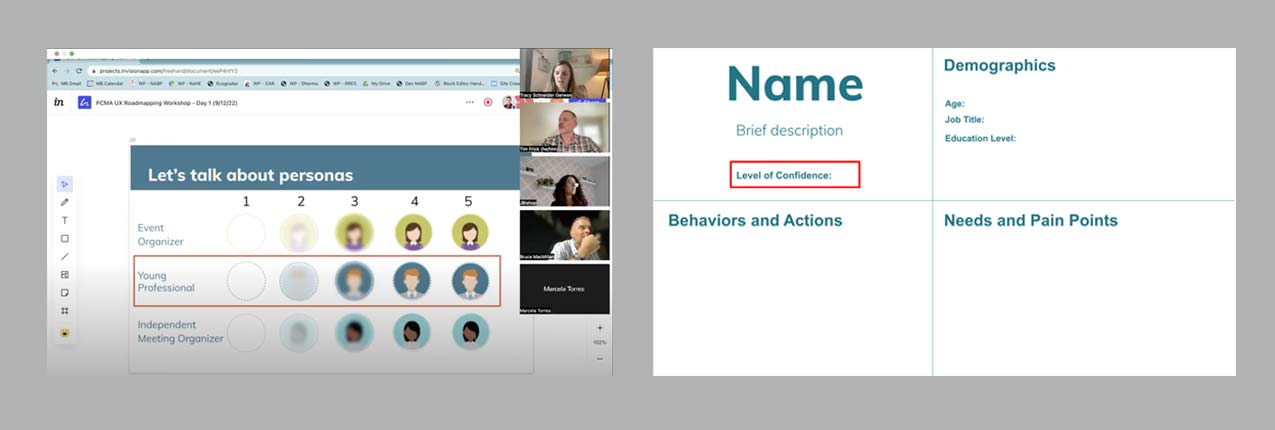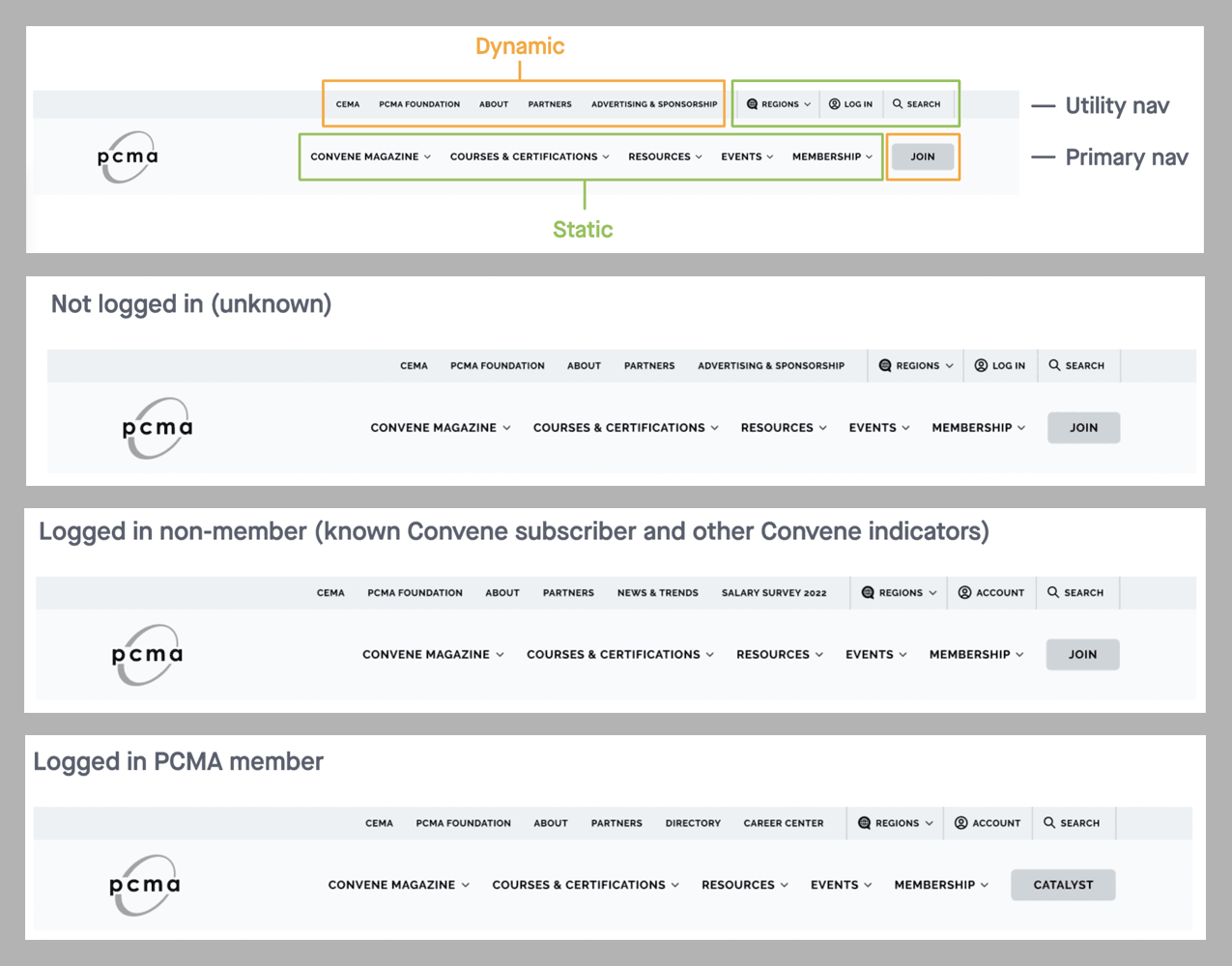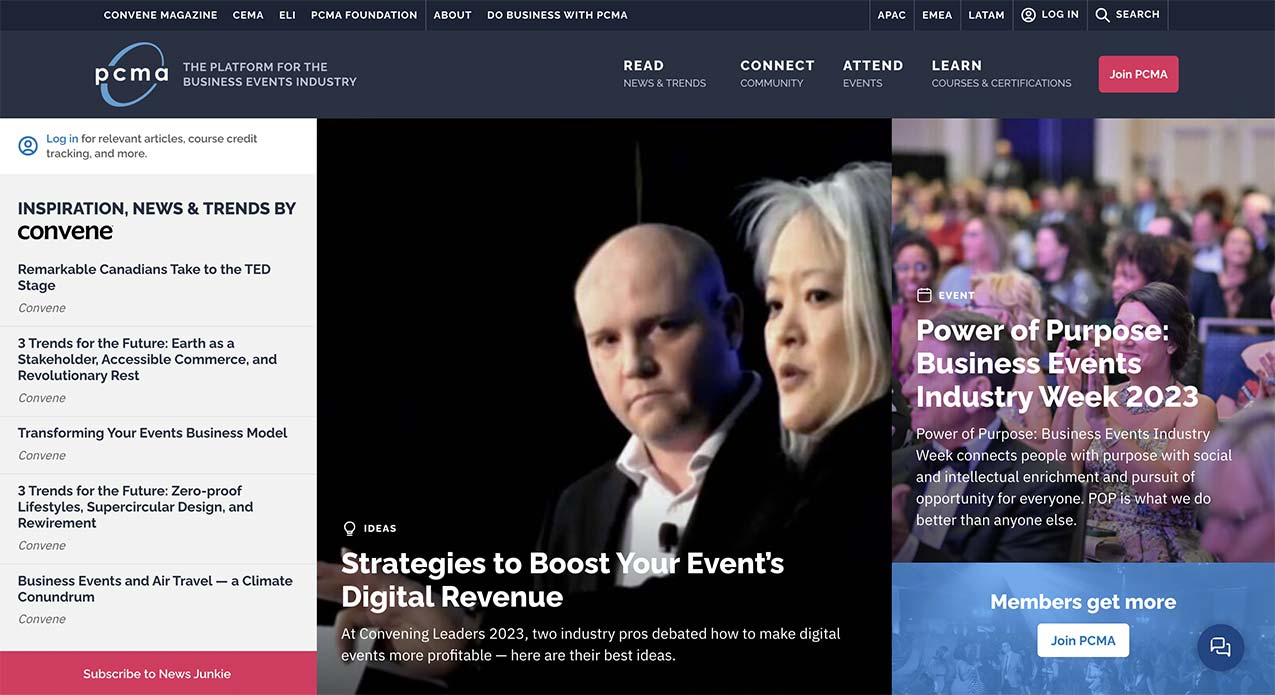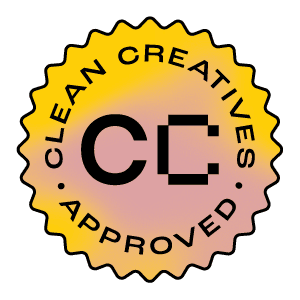Our website serves many stakeholders around the world. With this project, the Mightybytes team helped us visualize how we might create a more meaningful user experience for each of them.
— Josh Luman, VP, Technology & Data, PCMA
Here’s how Mightybytes helped a global organization fulfill its mission to drive social and economic progress through business events.
PCMA connects, educates, and inspires business event professionals. Started in 1958, this Chicago-based organization provides senior-level education, networking, and market intelligence for the business events industry.
PCMA approached Mightybytes to bring their vision of a premier platform for business events to life. Together, we crafted a website that provides an improved, personalized experience for users around the world.

One Global Organization, Many Stakeholders
Supporting an industry devastated by COVID-19, the PCMA team knew that improving user experience (UX) was key to the organization’s success. However, with 17 North American chapters, regional communities in Asia-Pacific, Europe, the Middle East, Africa, and Latin America, plus members in 59 countries, creating a unified experience for everyone would be no easy feat.
To address these challenges, we focused product roadmapping and UX design efforts on core business goals and personalized content for key user types.

Understanding Goals & Challenges
Big websites have many stakeholders vying for priority. Not surprisingly, the current PCMA site had significant information architecture challenges. In fact, a key problem statement from early workshops identified just how big of a challenge this was:
Our customers can’t easily find what they are looking for on PCMA’s website and they can’t connect the dots between our offerings, which creates frustration and unhappiness.
Clearly understanding PCMA’s core problem drove early user research, discovery, and product roadmapping sessions. This also informed core user personas around whose needs we redesigned website navigation and key features.

Prioritizing a Personalized Experience
PCMA knew personalization would play a key role in better serving website users. However, they struggled with how best to visualize a personalized experience for different user types around the world.
Big questions arose during early roadmapping sessions:
- Which website content should be static? Which should be dynamic?
- What were the parameters to personalize content?
- Did personalization also apply to website ads?
- What role did location, membership, or login status play in creating a personalized experience?
- How might users set and change their preferences?
To prioritize user needs throughout the project and answer some of these big questions, we co-created multiple wireframes and presented design comps based on the user research and target user personas mentioned above.

Education & Continuous Improvement
While Mightybytes’ work for this project specifically focused on UI and UX design, we also wanted to ensure the PCMA team was set up for long-term success. To do this, we shared multiple educational resources throughout the project:
- Page briefs to optimize content and maintain focus on user needs
- A content strategy worksheet
- Recommendations for a comprehensive content audit
- Content governance guidelines to maintain consistency and build capacity over time
Finally, we recommended that PCMA consider more closely involving its member base in content strategy through user testing, focus groups, surveys, and continued engagement around what is most meaningful to site users.
Setting PCMA Up For Future Success
To deem this project a success, PCMA needed to launch several core site sections with new designs in time for their global annual conference. The timeline was tight and the event was being held in-person for the first time since the pandemic. Stakes were high.
By staying focused on target outcomes, we were able to design an intuitive and engaging experience for PCMA’s users, on time and within budget. With a clear product roadmap and multiple content tools in-hand, the organization is set up for enduring success.




